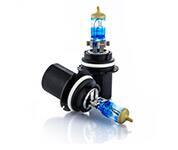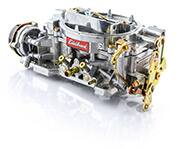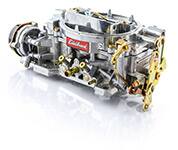Quantum AI in Australia: Everything You Need to Know
Australia has been rapidly advancing in the field of quantum computing and artificial intelligence in recent years. With the emergence of quantum AI, a powerful combination of quantum computing and machine learning, the possibilities for innovation and research have expanded exponentially. In this comprehensive article, we will explore the current state of quantum AI in Australia, its potential applications, challenges, and future prospects.
Quantum AI combines the principles of quantum computing with machine learning algorithms to process complex data at unprecedented speeds. Traditional computers rely on bits, which are binary units of information represented as either 0 or 1. Quantum computers, on the other hand, use quantum bits or qubits, which can exist in multiple quantum ai höhle der löwen states simultaneously due to the principles of superposition and entanglement.
In Australia, several research institutions and universities are at the forefront of quantum AI research. The University of New South Wales (UNSW) hosts the Centre for Quantum Computation and Communication Technology (CQC2T), a leading research center focused on developing quantum computing technologies. The University of Sydney and the Australian National University (ANU) also have active research programs in quantum AI.
One of the key applications of quantum AI is in optimization problems, where the goal is to find the best solution out of a large number of possibilities. Quantum algorithms, such as the Quantum Approximate Optimization Algorithm (QAOA) and Quantum Annealing, have shown promising results in solving complex optimization problems faster than classical algorithms.
In addition to optimization, quantum AI has the potential to revolutionize drug discovery, material science, and finance. By leveraging the computational power of quantum computers, researchers can simulate and analyze complex molecular structures, design new materials with specific properties, and optimize financial portfolios with higher accuracy.
Despite its potential benefits, quantum AI faces several challenges in Australia and globally. One of the major challenges is the limited availability of quantum hardware. Building and maintaining quantum computers require specialized infrastructure and expertise, which are currently scarce in Australia. However, collaborations with international partners and investments in research and development are helping to bridge this gap.
Another challenge is the security and privacy risks associated with quantum AI. Quantum computers have the potential to break conventional encryption methods used to secure sensitive data and communications. As a result, researchers in Australia are working on developing quantum-resistant encryption schemes to protect data from potential cyber threats.
In conclusion, quantum AI holds great promise for transforming industries and solving complex problems that are beyond the reach of classical computing. In Australia, research institutions and universities are actively engaged in advancing quantum AI technologies and exploring its wide-ranging applications. As the field continues to evolve, collaborations, investments, and talent development will be essential to fully harness the potential of quantum AI in Australia and beyond.
Key Points:
- Australia is making significant progress in quantum AI research, with prominent institutions like UNSW, the University of Sydney, and ANU leading the way.
- Quantum AI has applications in optimization, drug discovery, material science, and finance, offering solutions to complex problems.
- Challenges in quantum AI include limited quantum hardware availability, security risks, and the need for quantum-resistant encryption.
- Collaborations, investments, and talent development are crucial for advancing quantum AI in Australia and realizing its full potential.


























